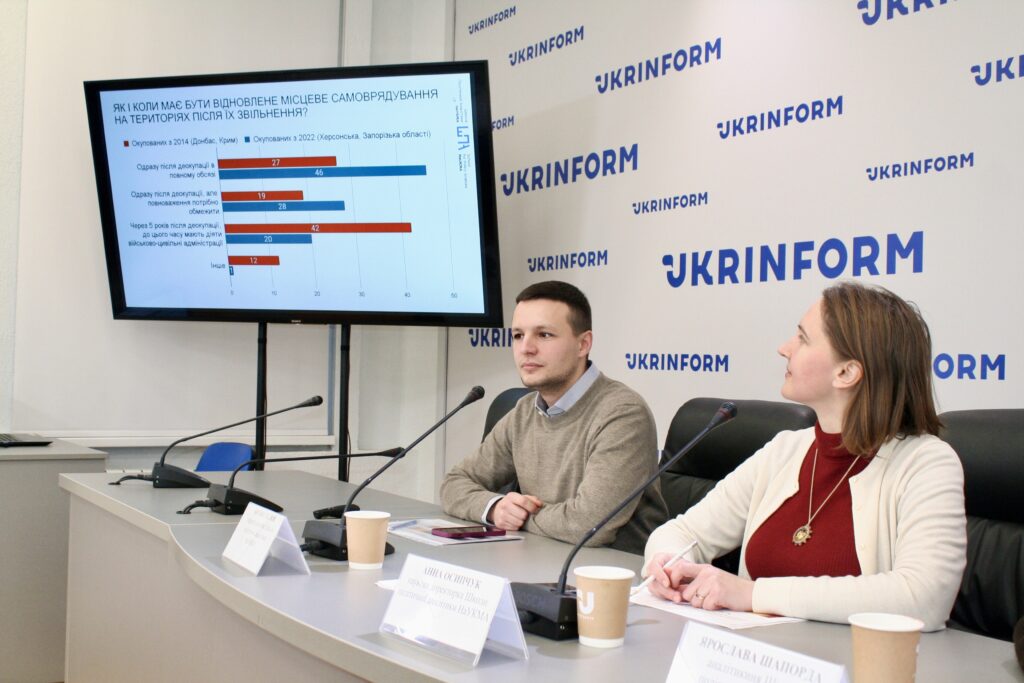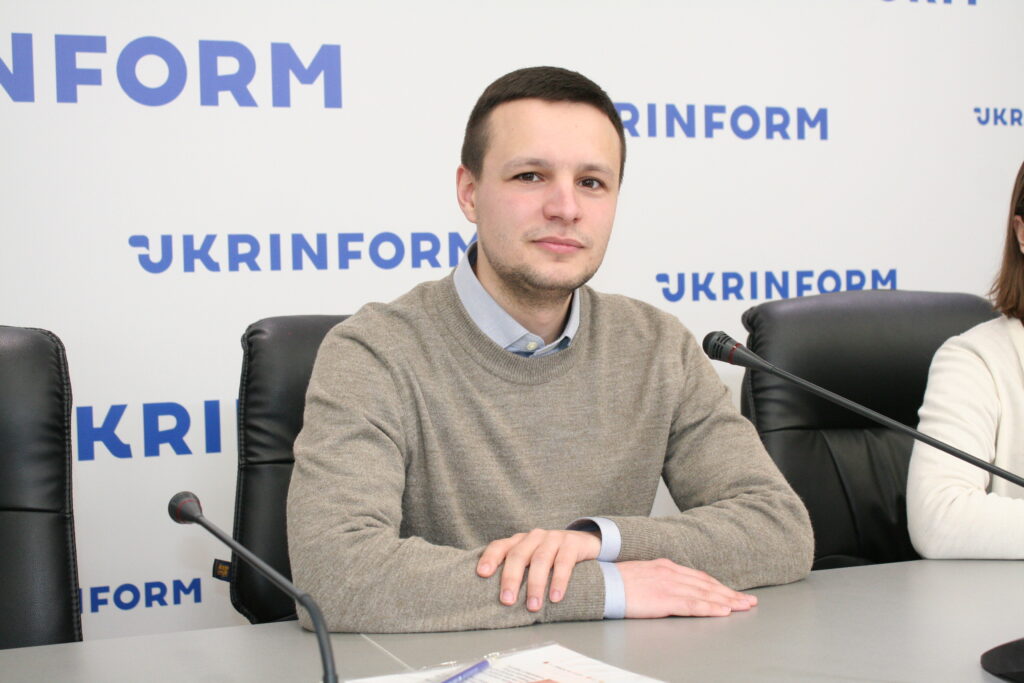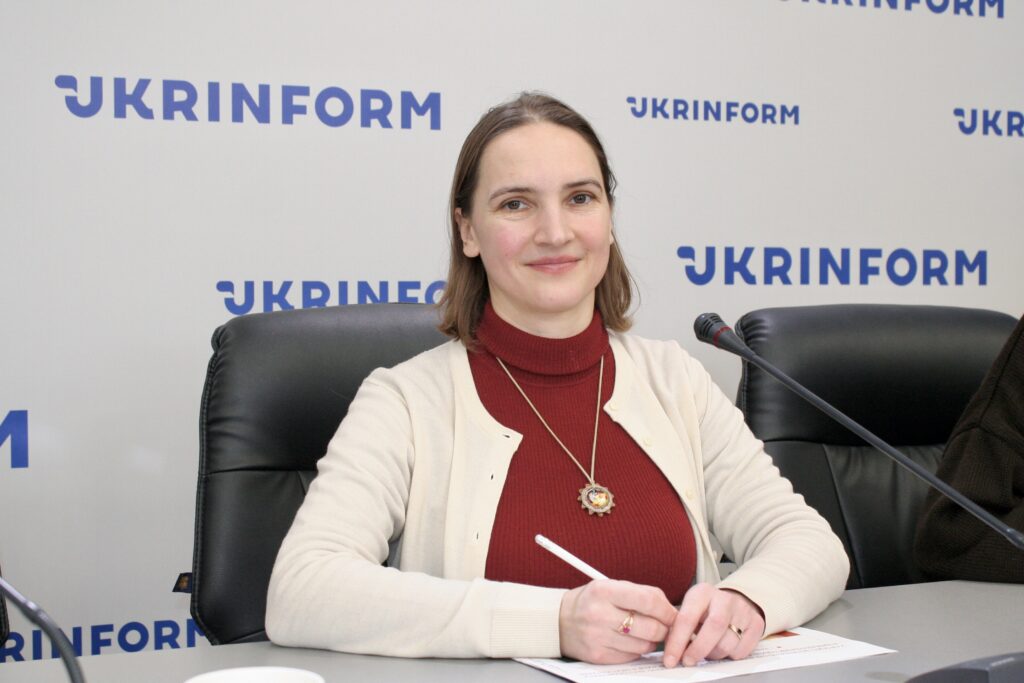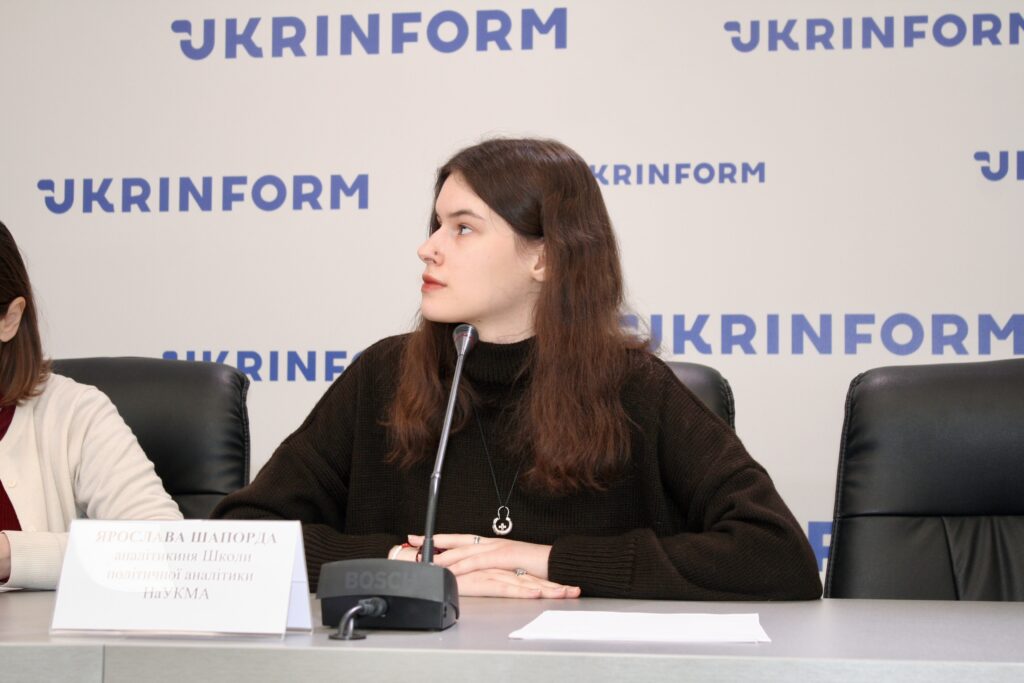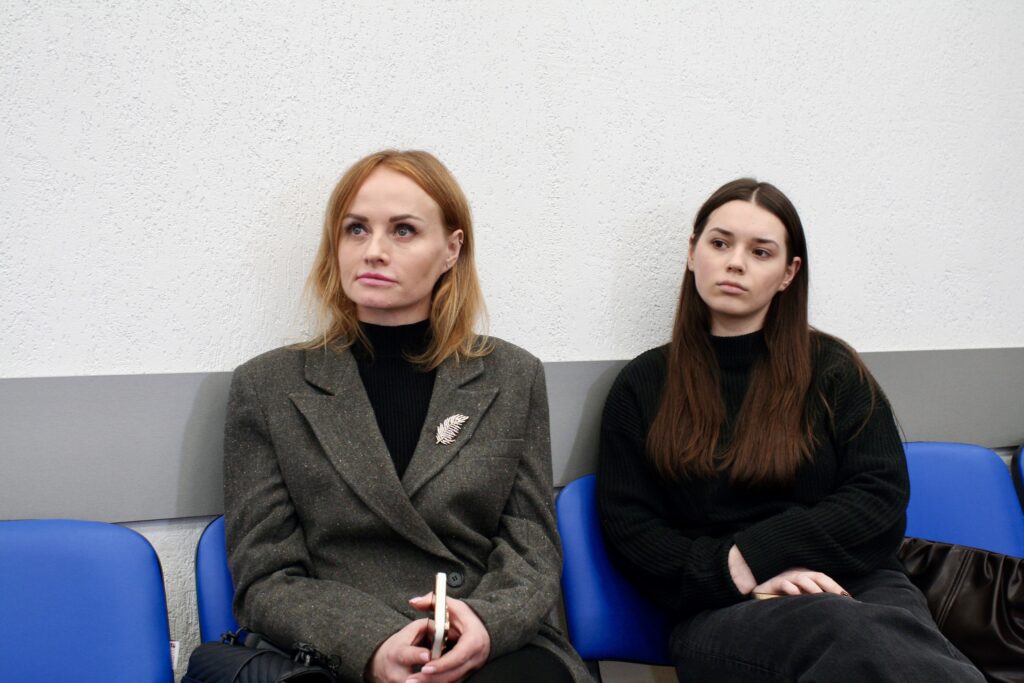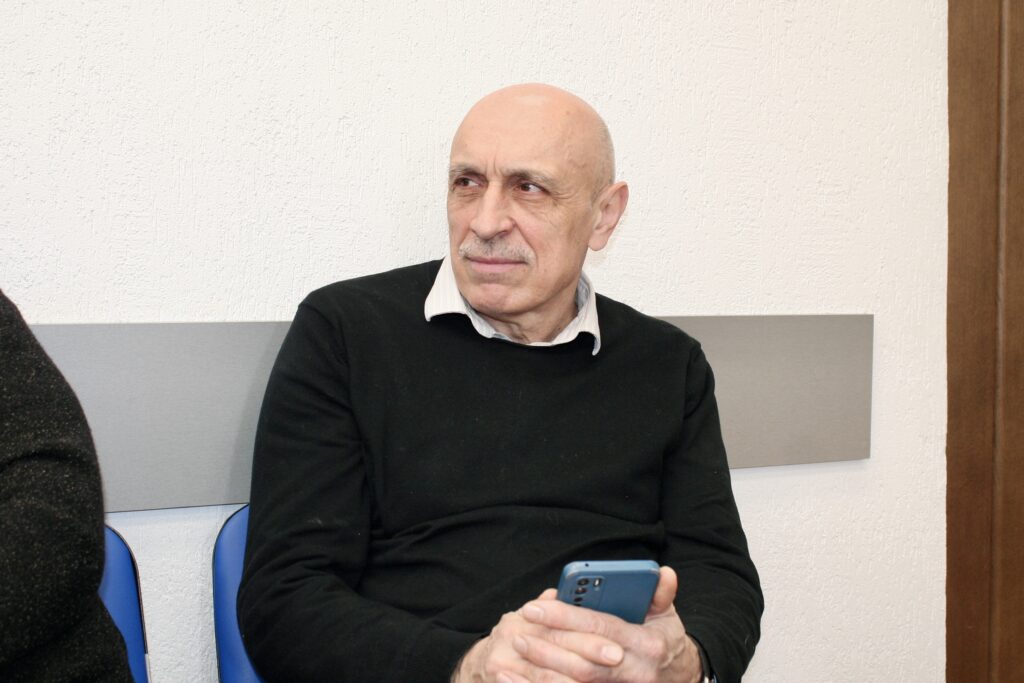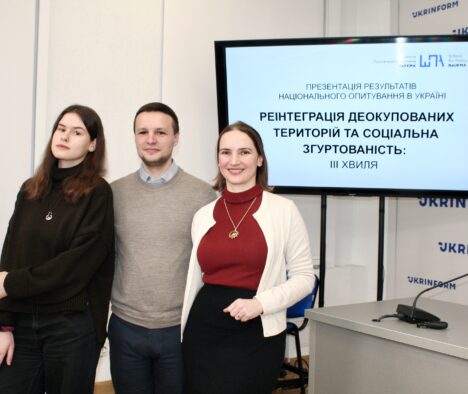The School for Policy Analysis presented the results of the third wave of the national representative survey on social cohesion, level of trust, and policies and measures for the reintegration of the occupied territories, restoration of justice, and attitudes towards the residents of the temporarily occupied territories of the East and South of Ukraine.
The sociological survey was conducted at the request of the School for Policy Analysis by Info Sapiens Research Agency from September 21, 2024, to October 10, 2024.
The survey is representative of the adult population of Ukraine (except for the temporarily occupied territories) and was conducted on the basis of a random sample of mobile phones using the CATI method. The margin of error does not exceed 2.2%.
Key results:
Attitudes towards fellow citizens
The majority of Ukrainians have a positive attitude towards internally displaced persons (63%), while another 32% have a neutral attitude. Meanwhile, the attitude towards those who went abroad after the outbreak of the full-scale war and are still there is mostly neutral (54%), while less than a third have a positive attitude (29%). Almost the same attitudes are observed towards those who live in the territories occupied since 2022: 54% have a neutral attitude and 27% have a positive one. The attitude towards residents of the Ukrainian territories occupied since 2014 is somewhat worse: 53% are neutral, but only 17% are positive.
Restoration of self-governance after de-occupation
Answers to the question about the time frames and format of the restoration of self-governance after the de-occupation differ depending on the temporarily occupied territories in question. As for the territories occupied since 2014, the most popular answer is “5 years after de-occupation, and before that civil-military administrations should still operate” (42%). At the same time, for the territories occupied in 2022, the majority chose the option “immediately after the de-occupation and in full capacity” (46%).
The right to vote and to be elected
The majority (66%) of Ukrainians are against restricting the right to vote in presidential and parliamentary elections for residents of the territories occupied since 2014. However, the same majority (55%) believes that their right to be elected (run for office) to the Ukrainian Parliament, the Verkhovna Rada of Ukraine, should be limited for a certain period of time.
The occupation regime as a threat
The vast majority (83%) of Ukrainians are convinced that the occupation regime as such poses a threat to all those living in the temporarily occupied territories: 69% strongly agree, and 14% mostly agree.
Reintegration of people, not just territories
The vast majority (88%) said that it is important for them personally to return not only the occupied territories but also the people who live there now (with 60% strongly agreeing). Moreover, for 91%, it is important that Ukrainian politicians and officials remember of the people in the temporarily occupied territories.
“This statement is one that Ukrainian citizens agree with. In my opinion, this strengthens our negotiating position that we are not exchanging territories but want to return occupied territories because they are home to our fellow citizens,” said Anton Suslov, senior analyst at the SfPA NaUKMA.
Definition of collaboration activities
For the majority of the population (55%), collaborationism is defined rather broadly: working for the enemy, informing the enemy, selling or transferring goods, transport, food or other resources to the enemy, as well as having friendly or sexual relations with the enemy.
Restoration of justice
The majority of Ukrainians (63%) are convinced that on the liberated territories, the community has NO right to mob justice towards those who supported Russia (by words or actions) – 51% are categorically against mob justice, and another 12% are mostly against it. Moreover, when asked about the acceptability of mob justice towards those who helped Russia in its aggression and occupation, the answers were similar: 57% consider mob justice unacceptable. Thus, we see that it is from the authorized structures such as law enforcement agencies and other designated authorities that Ukrainians expect justice to be restored and those who helped the enemy to be brought to justice. An absolute majority – 78% – believe that an individual approach should be used in bringing collaborators and perpetrators to justice.
“An individual approach is the leitmotif of the conversation about restoration of justice. In every focus group, we’ve heard that each case should be considered separately and that people and individual cases should not be lumped together,” said Anna Osypchuk, Director for Research at the SfPA NaUKMA.
Similarly, 71% believe that it should be taken into account whether a person was forcibly mobilized into the enemy’s armed forces when determining their liability.
Lustration measures
The respondents have different approaches in bringing to justice and the lustration of police officers and rescuers and firefighters who worked in the temporarily occupied territories. Regarding police officers, the majority (59%) choose the option “dismiss all without exception,” while regarding rescuers and firefighters, the preference (62%) is given to the option “Allow them to work, dismiss only those who should bear personal criminal responsibility for collaborationism.”
More than three-quarters of respondents agree that the mid-level managers of the occupation administrations and the temporarily occupied territories should be dismissed and banned from public service. At the same time, opinions on the lustration of the mid-level managers of utility services companies (water supply companies, power networks, etc.) are divided – 37% oppose their dismissal, another 27% equally agree and disagree, while 34% support their dismissal.
Regarding the lustration of teachers who continued to work in Russia-controlled schools during the occupation, the majority support their dismissal (44% for the territories occupied since 2014 and 39% since 2022). Support for the dismissal of history teachers who worked in Russia-controlled schools in the occupied territories is even higher – 57%. Similarly, 55% support bringing to justice all employees of the occupation media, including ordinary employees, after the de-occupation.
The results were presented by:
Anna Osypchuk – Director for Research, School for Policy Analysis NaUKMA
Anton Suslov – Senior Analyst, School for Policy Analysis NaUKMA
Yaroslava Shaporda – Analyst, School for Policy Analysis NaUKMA
You can view the presentation from the event by clicking here.
For more information, please contact Anton Suslov at anton.suslov@ukma.edu.ua.
